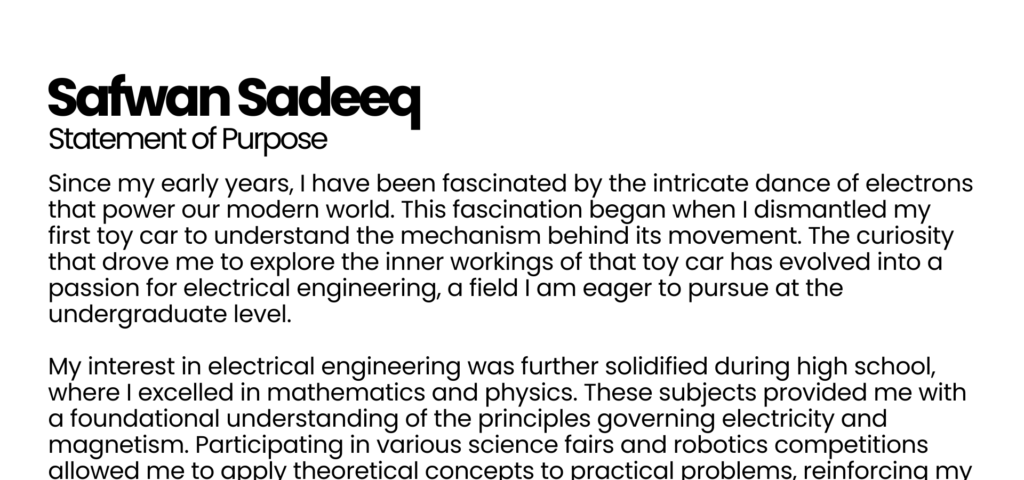Introduction
A finely crafted, effective CV presents a chance for you to distinguish yourself and present yourself as an exceptional candidate. While CVs conventionally serve in the recruitment realm to shortlist candidates for interviews, they also play a significant role in higher education by showcasing your academic and professional journey. Universities assess your CV to gauge the alignment between your abilities and experiences with the prerequisites of the course you seek to pursue.
Personal Details
Ensure to prominently feature your name and contact information, particularly your email address, as it’s often the preferred mode of communication for many employers.
Work History
Arrange your work experience chronologically, beginning with the most recent. Provide details such as job title, organization, employment dates, responsibilities, achievements, and acquired experience. Similarly, list your education and qualifications starting with the most recent. Mention the institution’s name and the attained qualifications. While you can summarize your secondary education qualifications (e.g., GCSEs), highlight any subjects relevant to the course requirements.
Don’t forget to incorporate any skills-based qualifications and completed courses into your CV. Highlight relevant skills for the job, such as languages or computing skills, and provide evidence of using them. Additionally, consider including hobbies and interests that add value and offer insights into your personality. For instance, hobbies like crafting may showcase your creativity.
Tips for Writing Your CV
- Tailor your CV meticulously for each university application, providing evidence of relevant skills and qualifications.
- Keep the content concise and straightforward, offering a snapshot of your capabilities without overwhelming the reader.
- Highlight key achievements in both your career and personal life, focusing on significant and recent events.
- When discussing strengths and accomplishments, go beyond listing and explain the skills and qualities you brought to each situation.
- Ensure all information provided is directly relevant to the role you’re applying for.
- Write in a clear, engaging manner with a personal tone, avoiding clichés and using ‘I’ statements.
- Use formatting techniques such as headings, bullets, and subtle font styling to enhance readability.
- Aim for a maximum of two pages for your CV, with ample white space for clarity.
- References are not necessary at this stage and can be provided upon request.
- Seek guidance from resources like Real Education Consultancy or reputable online support websites if unsure.
By following these guidelines, you can create a compelling CV that effectively showcases your strengths and aligns with the requirements of the university courses you aspire to join.






